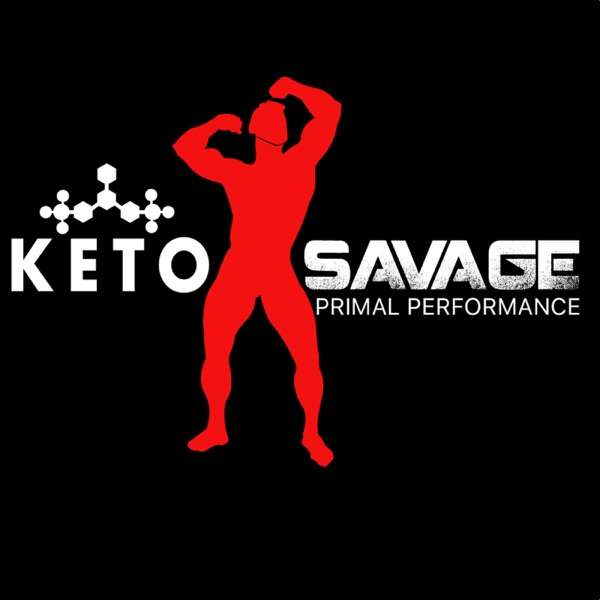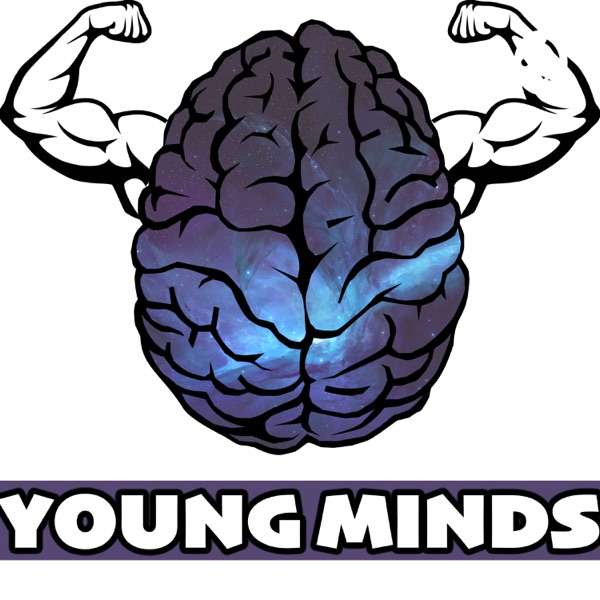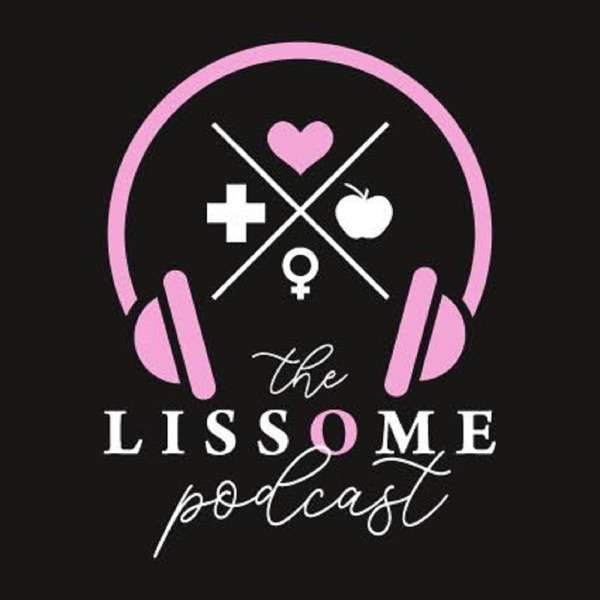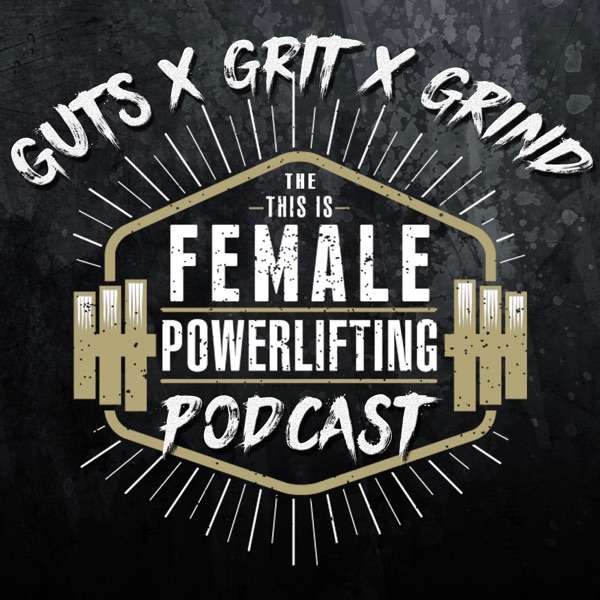Welcome to The Nutritional Pearls Podcast! Focusing on topics that include digestion, adrenal fatigue, leaky gut, supplementation, electrolytes, stomach acid, and so much more, “The Nutritional Pearls Podcast” features Christine Moore, NTP and is hosted by Jimmy Moore, host of the longest running nutritional podcast on the Internet. Sharing nuggets of wisdom from Christine’s training as a Nutritional Therapy Practitioner and Jimmy’s years of podcasting and authoring international bestselling health and nutrition books, they will feature a new topic of interest and fascination in the world of nutritional health each Monday. Listen in today as Christine and Jimmy talk all about vitamins in Episode 12. Here’s what Christine and Jimmy talked about in Episode 12: 1. Facts about vitamins A. In 1905, an English scientist named William Fletcher was the first to make the connection between lack of vitamins in food and sickness. He was researching the causes of the disease, Beriberi. Beriberi is a B1 (Thiamine) deficient related disease that causes impairment of the nerves and heart. Symptoms include loss of appetite, digestive irregularities, and numbness and weakness in the limbs and extremities. In 1906, Sir Frederick Gowland Hopkins, an English Biochemist, made the discovery that certain “food factors” were important to health. The concept of vitamins (vital amines), was formulated in 1912 by Casimir Funk, a Polish biochemist. The “e” was dropped several years later when it was discovered that vitamins were not nitrogen-containing amines. Casimir Funk discovered B1 in 1912 and together, Funk and Hopkins came up with the hypothesis of deficiency disease that says a lack of vitamins can make you sick. https://www.thoughtco.com/history-of-the-vitamins-4072556 B. Compose less than 1% of our body C. Most vitamins cannot be manufactured by the body so we have to get them from external sources D. The vitamins the body can make are D and K 1. D is manufactured in the skin when the skin is exposed to sunlight high in the sky. 2. K, specifically K2, is manufactured by the good gut bacteria in our gut, but it is only a small fraction of what we need for the body to perform its functions so supplementing is important. E. Vitamins function best when they have the cofactors with them like trace minerals, enzymes and other vitamins. 2. Classifications of vitamins A. Fat soluble 1. Vitamin A 2. Vitamin D 3. Vitamin E 4. Vitamin K B. Water soluble 1. The B vitamins 2. Vitamin C 3. Inositol 4. Choline 3. Roles of Vitamins in the body A. They act as helpers in metabolic processes 1. The metabolism of carbohydrate, protein, and fat 2. The production of stomach acid (B6) 3. The detoxification process, specifically Phase 1 (B2) B. Support tissue growth C. They support digestion, elimination, and immune function. D. They help prevent deficient related disorders and health problems from happening 4. Signs of vitamin deficiency A. Folate/folic acid (B9)-Mouth sores and pale skin B. Inositol-Poor brain function, hair loss, high LDL, and eczema C. Vitamin A-Dry eyes, dry skin, bright lights at night bothersome, trouble distinguishing between blues and purples D. Vitamin B1 (Thiamine)-Loss of appetite, pain in limbs swollen feet or legs E. Vitamin B2 (Riboflavin)-Anemia, nerve damage, sluggish metabolism, sore throat F. Vitamin C-Bruising, bleeding gums, fatigue, loss of appetite G. Vitamin D-Thin or brittle bones, joint pain, fatigue, depression, getting sick often, impaired wound healing H. Vitamin E-Muscle weakness, Abnormal eye movements, vision problems I. Vitamin K2-Easy bruising, excessive bleeding from wounds, blood in urine or stool 5. B And G Complexes A. B complexes 1. Alcohol soluble 2. Heat stable 3. Stimulating 4. Helps carbohydrate metabolism B-Person Needs B1 (Thiamine), B4, B6, And B12-These people are often hypotensive (low blood pressure), craves sugar, feels bad or run down, gets sick often, and tends toward Congestive Heart Failure (CHF) B. G complexes 1. Alcohol insoluble 2. Unstable with heat 3. Relaxing 4. Helps metabolize fats G-Person Needs B2 And Associated B Vitamins like B3, PABA (para-aminobenzoic acid, folic acid, the lipotropic factors, choline, inositol, and betaine-These people are often hypertensive (high blood pressure), crave alcohol, feels good or pumped up, does not get sick often, and tends toward Myocardial Infarction. 6. Food sources of vitamins A. Folic Acid/Folate (B9)- Beets, strawberries, broccoli, spinach, avocados, collard greens, turnip greens, okra, Brussels sprouts, asparagus, egg yolks, and liver B. Inositol-Nuts, seeds, beef, liver, and green leafy vegetables C. Vitamin A- Liver, fish, egg yolks, butter, parsley, kale, chili peppers, dandelion root, collard greens, blueberries, whitefish, cabbage, sauerkraut, and cod liver oil D. Vitamin B1 (Thiamine)-Pork, beef, liver, heart, kidneys, dandelion root, eggs, sunflower seeds, brazil nuts, and pecans E. Vitamin B2 (Riboflavin)- Eggs, meat, milk, poultry, fish, liver, lamb, natural yogurt, mushrooms, spinach, almonds, and sun-dried tomatoes F. Vitamin C- Fennel, radishes, strawberries, blueberries, red peppers, kale, Brussels sprouts, broccoli, cabbage, sauerkraut, and green peppers G. Vitamin D- Fish like sardines, salmon, mackerel, and tuna, cod liver oil, eggs, milk, cheese, mushrooms, and caviar. You can also get vitamin D from getting out in the sunlight. H. Vitamin E- Cod liver oil, sunflower seeds, pecans, walnuts, hazelnuts, almonds, Swiss chard, mustard greens, spinach, turnip greens, kale, pine nuts, avocados, broccoli, parsley, and olives I. Vitamin K- Organ meats, full fat cheeses, grass fed butter and cream, animal fats, egg yolks, turnip greens, broccoli, cabbage, lettuce, sauerkraut, pickles, and asparagus Nutritional Pearl for Episode 12: It is important to make sure digestion is working at its best so you can absorb and use all the vitamins you are consuming RESERVE YOUR TICKETS AT KETOFEST.COM NOTICE OF DISCLOSURE: Paid sponsorship YOUR NEW KETO DIET ALLY NOTICE OF DISCLOSURE: Paid sponsorship BECOME A NUTRITIONAL THERAPY PRACTITIONER Sign up for the 9-month program NOTICE OF DISCLOSURE: Paid sponsorship LINKS MENTIONED IN EPISODE 12 – SUPPORT OUR SPONSOR: Register now for Ketofest at ketofest.com – SUPPORT OUR SPONSOR: Complete nutriton for nutritional ketosis (COUPON CODE LLVLC FOR 10% OFF YOUR FIRST ORDER) – SUPPORT OUR SPONSOR: Become A Nutritional Therapy Practitioner – NutritionalTherapy.com

 Our TOPPODCAST Picks
Our TOPPODCAST Picks  Stay Connected
Stay Connected







